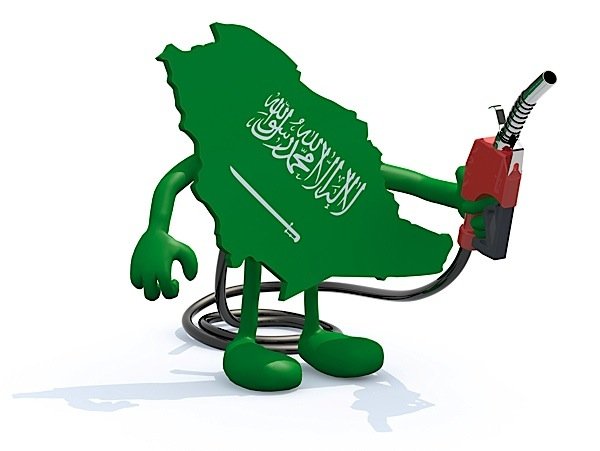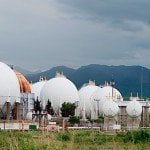Saudi Arabia says it has seen the pain, but it has no intention of changing its policy. It will continue to pump enough oil to protect its market share regardless of the effect that policy has both on the country’s own economy and on the rest of the world’s producers. The price of oil has fallen from $115 a barrel last year to around $50 a barrel today. Roughly 80 per cent of the kingdom’s revenues come from oil, and public debt is said to be increasing to 20 per cent of gross domestic product this year. The International Monetary Fund has urged the Saudi government to cut spending to adjust for the drastically reduced oil revenues.
The estimated cost of lost investment in the oil and gas industry this year is $200 billion, with further cuts of 3–8 per cent expected next year. Nearly 5 million barrels a day in oil projects have been deferred. The Saudi oil vice minister, Prince Abdulaziz bin Salman, said in a speech to oil ministers in Doha that just as prolonged periods of high prices are not sustainable, so are periods of low prices unsustainable. If low prices continue to bring about cuts in investment, the industry will become less resilient, the security of future oil supplies undermined, and the stage set for another sharp price increase.
The extreme price movements that we have witnessed recently are very harmful for producers, consumers, and industry players. For producers whose economies are highly reliant on oil revenues, they undermine their development plans and complicate their macroeconomic management. For consumers, oil price volatility induces uncertainty in the general macroeconomic environment, reducing investment and capital formation, and undermining the viability of their energy policies. For the oil industry, sharp price swings make future planning extremely difficult, delaying much-needed investment in the oil sector.
Does this mean that the Saudis are prepared to cut production levels? No. “The only thing to do now is to let the market do its job,” said the chairman of the state-owned Saudi Arabian Oil Company. Khalid al-Falih is unapologetic about his country’s position. Saudi Arabia will no longer provide an “insurance policy” for higher-cost producers, those producers who depend on oil at $100 a barrel to guarantee a “no risk investment.” That insurance policy, said Falih, provided free of charge by the Saudi Arabia, “does not exist any more.”
Resurgent demand for oil, in the Saudi view, will swallow the global oil glut now affecting the world, and prices will rise again in one or two years.
In his speech in Doha, Prince Abdulaziz bin Salman alluded to the “conspiracy theories and geopolitical games” that have been put forward by analysts to explain the rapid fall in oil prices. Despite the prince’s dismissive tone, the comments of his countryman Falih about no longer providing an insurance policy for high-cost oil producers seem to be more to the point. If the Saudis’ actions force those high-cost producers, including shale oil and oil sands producers, to leave the oil in the ground, it will not be Saudi Arabia’s problem.


































